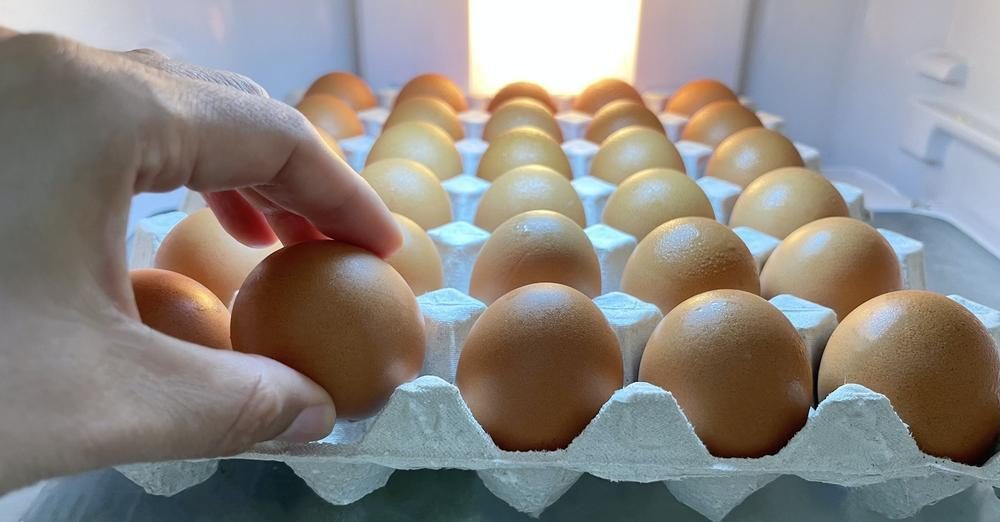
In the quest to maintain a well-stocked kitchen, we often encounter a frustrating hurdle: food spoiling prematurely, despite our best efforts to store it properly. This common dilemma not only wastes money but also squanders the time and energy invested in grocery shopping. Surprisingly, the root of this issue may not always be the quality of the produce or the conditions within our homes, but rather a lack of knowledge about the optimal storage methods for various ingredients. Recognizing this gap, we've compiled five essential tips and tricks designed to extend the shelf life of some of the most frequently used ingredients in your kitchen. By understanding and applying these strategies, you can ensure your pantry and fridge stay abundantly stocked, minimizing waste and maximizing the longevity of your groceries.
1. Tricks to Store Cheese

Do you usually keep cheese wrapped in cling wrap? That's wrong! Plastic wraps tend to "suffocate" cheese. For proper conservation, cheese needs to "breathe" so as to not dry out or, worse, create mold and spoil. The best way to store cheese is to take it out of the plastic wrap, and wrap it in parchment paper, before storing it in the top shelf of the fridge. By doing so, your cheese will last for up to a whole week.
2. Tricks to Store Bananas

Do you usually store bananas inside of your fridge? Well, you shouldn't! Keeping bananas inside of the fridge makes the ripen faster. These yellow fruits should be stored at room temperature. And, to avoid or slow down the ripening process, here's an additional trick: try wrapping their stems with cling film. This way, the gas the causes ripening, ethylene, won't be released and the aging process will slow down.
3. Tricks to Store Carrots and Celery

Carrots and celery usually come stored inside of their own plastic containers, and when we put them away in our fridge, we usually leave them inside of those. But we shouldn't! To keep them fresh longer, once you've bought them, wash and clean them properly. Then, place them inside of glass jars and then fill the jars with water. Close the jars with their lid and leave them inside of the fridge. By doing so, carrots and celery can last you for a whole week.
4. Tricks to Store Herbs

This is a trick that you can use whenever you feel that your herbs – usually stored inside of the plastic containers we bought them in – are starting to dry out. To prevent this from happening, take your herbs and coarsely chop them by hand, to divide them. Then, take an ice cube tray and put a bit of the herbs in each compartment, before filling it with olive oil. Freeze them. This way, your herbs will last longer and you'll have them at hand whenever you need them for a recipe!
5. Tricks to Store Lettuce

Instead of keeping lettuce as a whole inside of your fridge once you buy it, try cleaning the vegetable and store the various leaves you obtain inside of a glass container or a zip lock bag. Then, cover the leaves with paper towels. This way, the paper will dry out the moisture and help keep the salad as fresh as the day you bought it for longer.

;Resize,width=712;)
;Resize,width=712;)

;Resize,width=767;)
